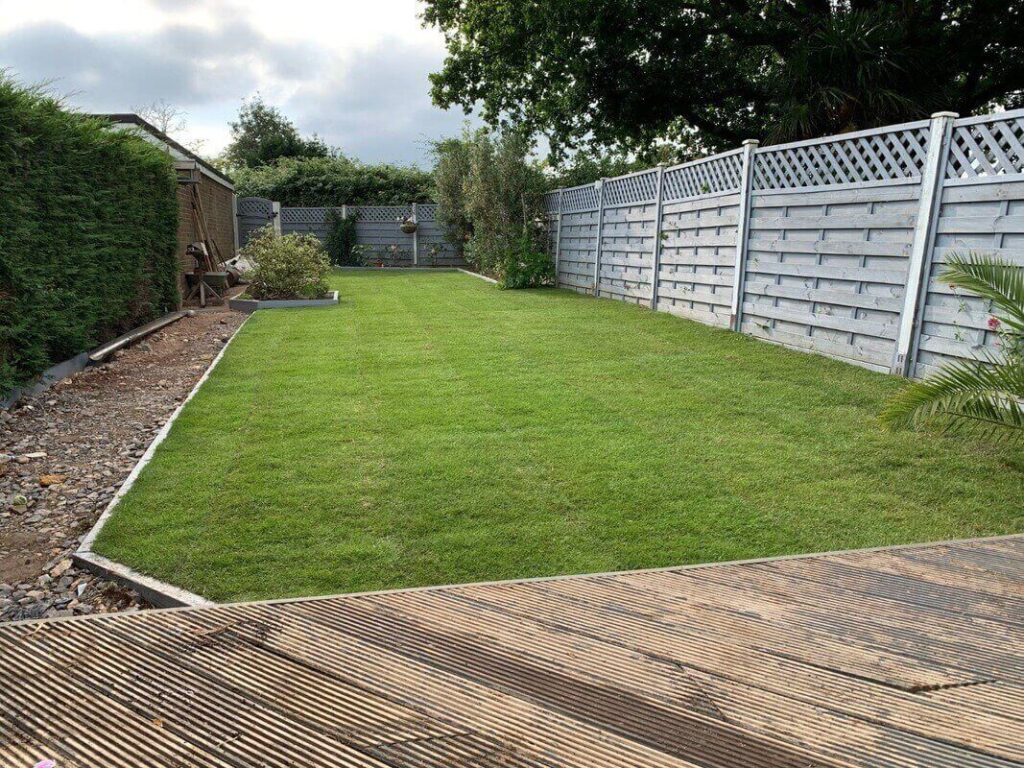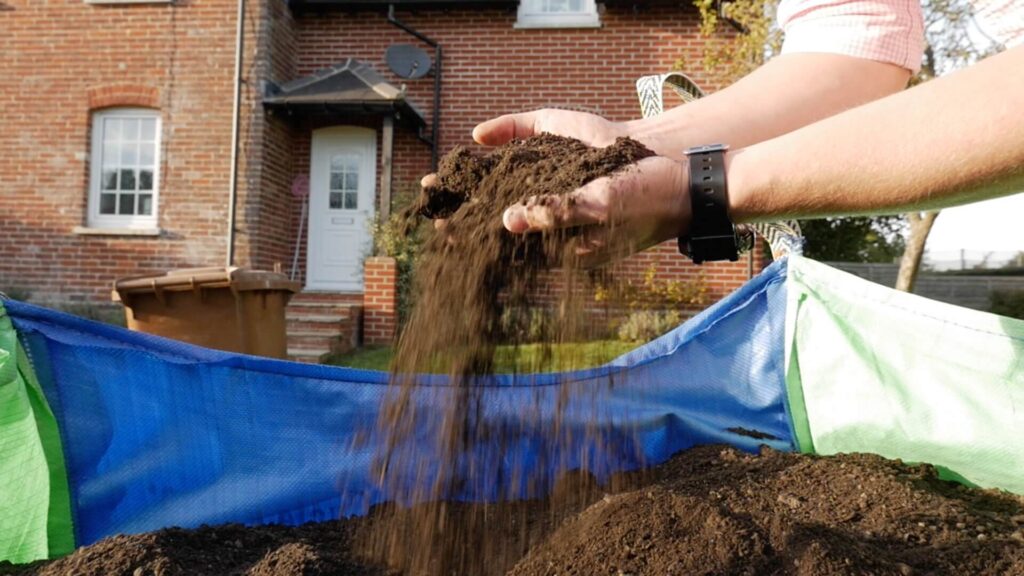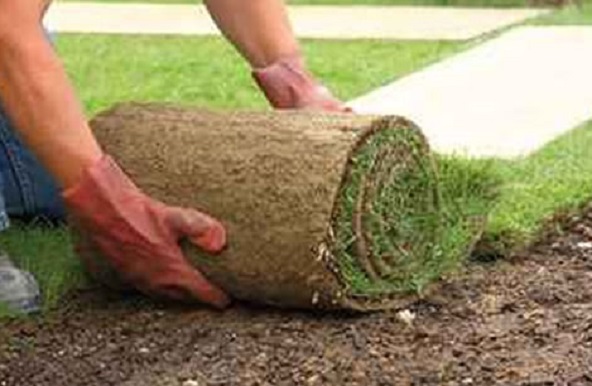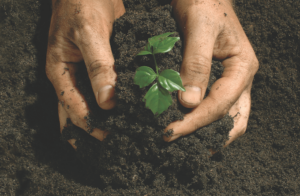If you’ve recently moved house, or are planning a move soon, it can be exciting to start to think about your new outdoor space. Getting to grips with your new garden can be a rewarding process, and as the seasons change your outdoor space can be a great place to relax. Our team share some things to consider if you’re inheriting a garden.
Take your time
- Be patient – whilst there might be immediate things to do like clearing an overgrown garden, it can be useful to take some time in your new garden and allow the seasons to run through a full cycle. This way you can see what comes up – there might be some stunning bulbs or other interesting plants which emerge!
- Understand your garden—take note of its size, layout, and existing plants, trees, and structures. Track the sun and shade patterns throughout the day too, and think about what would work best, and to determine if you have a north, south, east, or west-facing garden.
- Test the soil: check the soil’s pH and nutrient levels to understand what plants will thrive, and whether you might need to feed or add organic matter to your beds and borders.
- Check drainage – after a spell of wet weather check if there are any waterlogged areas or dry spots.
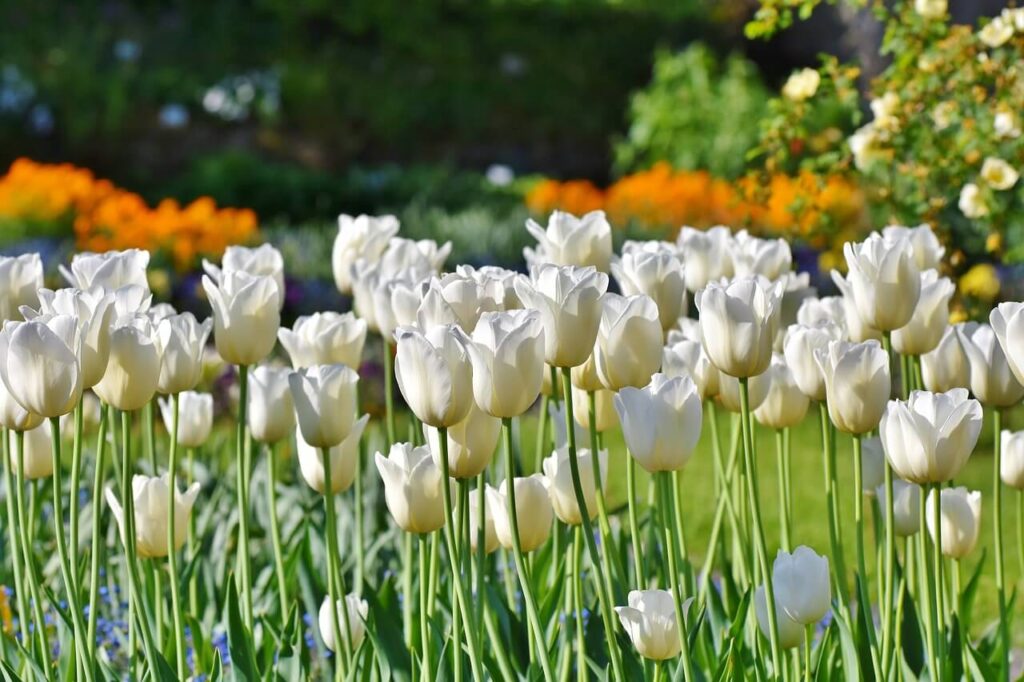
Plan your garden vision
- How will you use the space – think about what you want from the garden. Your garden may need different areas depending on whether you’ll be using it for relaxation, entertaining, growing vegetables, filling the beds and borders with flowers, or creating a play area for children.
- Create zones – think about whether you need to divide the garden into areas for different uses, like seating, planting, lawns or paths. You may need to consider hard landscaping, soft landscaping and whether to create specific features or focal points.
- Research plants – choose plants that thrive in your local climate and soil conditions. And pick what you love too – you might be a fan of big and bold plants, or prefer more delicate or less structured planting.
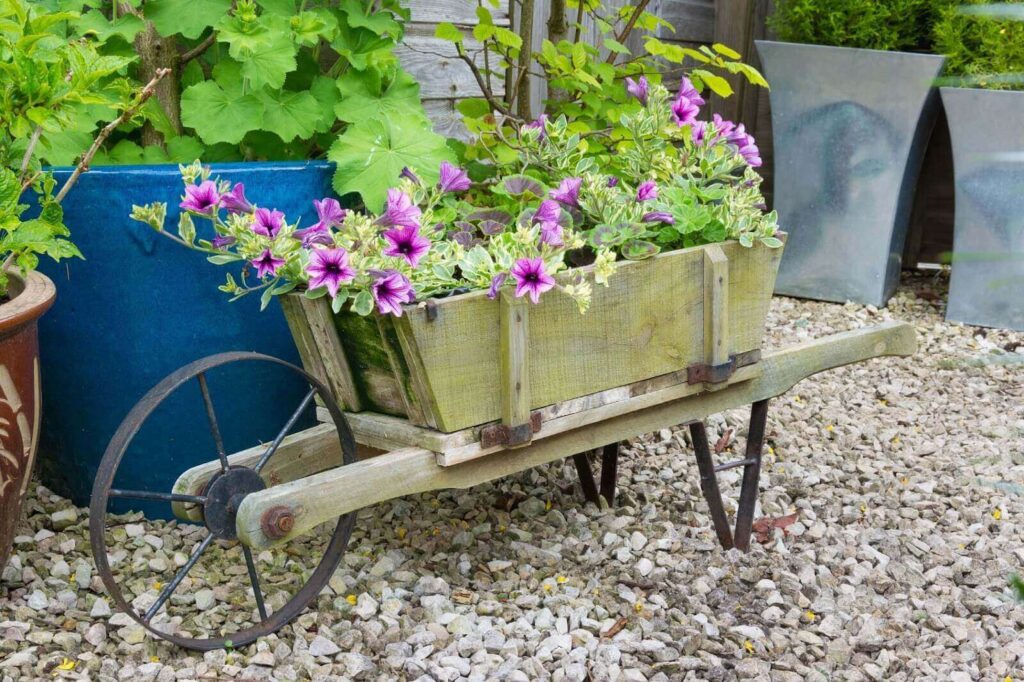
Garden improvement ideas
Here are some nice and easy garden improvement ideas to get your new garden looking it’s best!
Clear and clean – if you have an overgrown space the first priority will be to cut back, remove weeds, tidy up overgrown shrubs or trees and declutter by removing any debris, dead plants, or old garden furniture.
Maintenance – before you get started on any planting you might need to improve the soil by adding compost or mulch to boost the nutrients and give your new planting schemes a great start. Don’t forget your lawn too – you may need to re-seed, top dress or re-turf the lawn to bring it into shape.
Design your planting – it can be useful to start small, in one section of the garden. Choose your plants wisely and consider shrubs, trees and seasonal planting to give you year-round colour and interest.
Create a focal point – refresh patios, paths and borders with gravel, slate, cobbles or wood chips. And consider your lighting and seating too. If you’re planning on using your garden for eating and entertaining think about a BBQ, or even a pergola if space allows.
Embrace sustainability – go eco-friendly and consider composting for your kitchen and garden waste, a rainwater collection point and a pollinator plant to attract bees and butterflies.
Love your garden – enjoy the process of making the garden your own! It’s not just about creating a space; it’s about taking the time to make the garden a space you want to spend time in.
Your new garden deserves the best
Earth Cycle can deliver our range of peat-free and organic products across the country for your new garden. So if you need a bulk bag of compost for your new garden beds, or need topsoil for your lawn, we have you covered!

